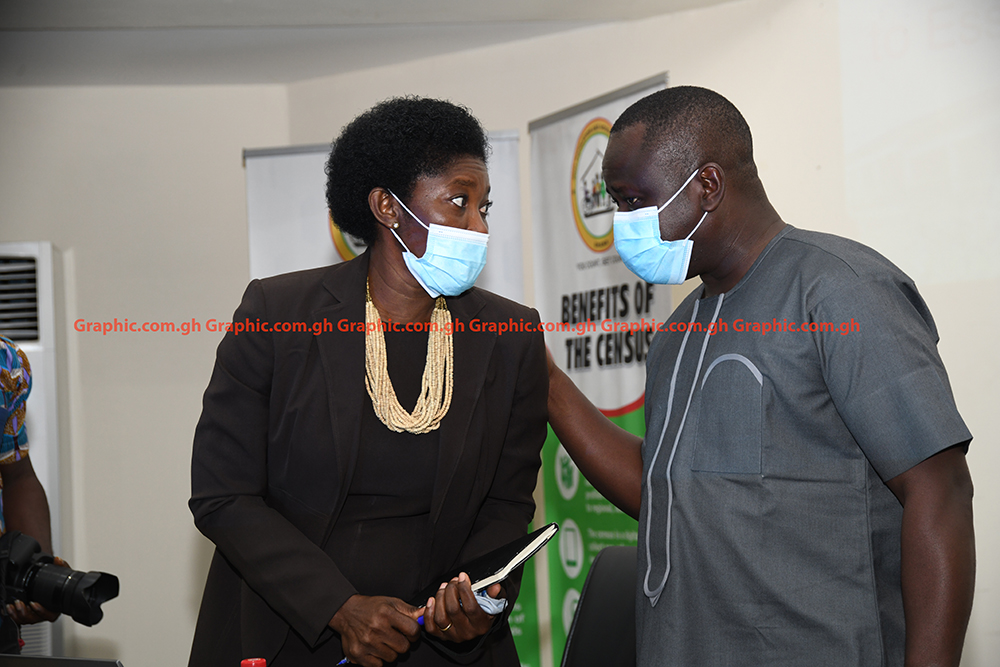
GSS identifies disparity in access to essential services nationwide
The Ghana Statistical Service (GSS) has observed that there are substantial disparities in the availability of essential services between urban and rural areas nationwide.
According to the GSS, the proximity of residential clusters in rural areas to health, education and financial services were wider when compared with clusters in urban areas.
Advertisement
Residential clusters are either localities with 1,000 or more inhabitants; or a group of contiguous localities with less than 1,000 inhabitants each combined.
The Deputy Government Statistician in charge of Social and Population Statistics, Dr Faustina Frempong Ainguah, who made this known yesterday, said there were also intra-regional and inter-regional disparities in the proximity of residential structures to essential services that must be in place to influence socio-economic development.
She was presenting the preliminary findings from the 2021 Population and Housing Census (PHC) residential proximity to essential service facilities report as part of activities lined up to precede the release of the final report on this year’s census.
Key findings
Some of the key findings include the fact that 73 per cent of all residential clusters in rural areas nationwide do not have access to all the three required levels of basic education, while nearly one-third of rural residential clusters and six per cent of urban clusters do not have any facility providing education services.
It, however, showed that half of all the residential structures in the country are outside the recommended distance of a kilometre radius from a pre-primary school facility.
The findings also showed that 73 per cent of rural residential clusters in the country and 24 per cent of urban areas nationwide do not have a facility providing health services while an alarming 93 per cent of rural residential clusters nationwide and 38 per cent of urban areas do not have a facility providing financial services.
Fifty-seven per cent of all the structures are located more than five kilometres from a bank compared with 66 per cent located more than five kilometres from a microfinance company and 77.1 per cent located more than five kilometres from a savings/credit union.
Regional
On the regional level, the findings showed that the Savannah Region has the largest per cent of residential structures situated farthest from education and health services while the Greater Accra Region has the lowest per cent of residential structures situated farthest from education and health services.
The exception, according to the findings, is the residential proximity to health facilities where Greater Accra ranked second after the Upper East Region.
Dr Frempong-Ainguah explained that the high number of health facilities in the Upper East Region was due to the availability of Community-Based Health Planning and Services (CHIPS) compounds in the region.
Report
She said the report used georeferenced data generated from the 2021 PHC to generate statistics on the availability of facilities providing education, health and financial services, and the average distance between residences and those services.
She said it was generated to be a policy-making tool to identify potentially underserved areas for targeted interventions and were disaggregated by type of place of residence (rural or urban), region and district.
The Chief Census Officer and Government Statistician, Professor Samuel Kobina Annim, explained that access to education, health and financial services had been identified as the pathway to poverty reduction for individuals and risk mitigation and the expansion of opportunities for small and medium-scale enterprises.
“Essential services included in this report align with Sustainable Development Goals (SDGs)”.
Read also: 2021 Census: Over 70 per cent of residential clusters don’t have basic education





